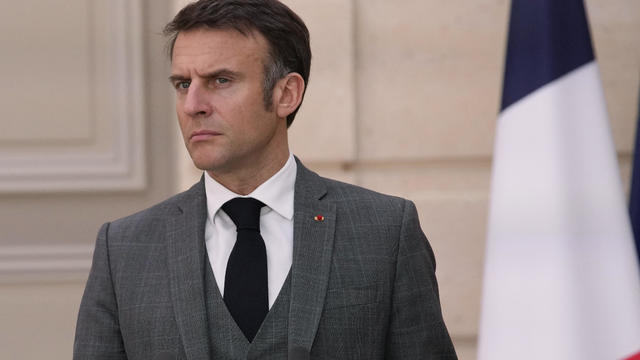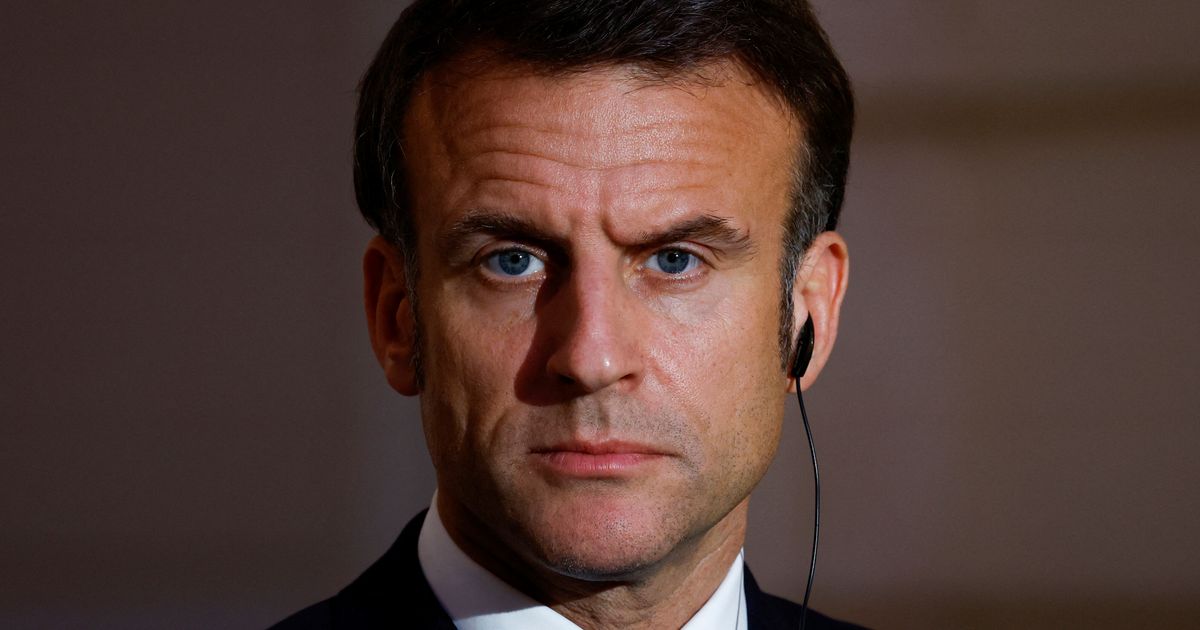France’s government has introduced a bill allowing terminally ill adults to access lethal medication, responding to public demand for legal aid in dying. The proposal aims to address the issue faced by many French citizens who have sought such options in neighboring countries where medically assisted suicide or euthanasia is legal. President Emmanuel Macron had previously pledged to introduce such legislation, which now awaits parliamentary debate.
To qualify under the proposed law, patients must be over 18, French citizens, or residents of France. Health Minister Catherine Vautrin outlined criteria including confirmation by a team of medical professionals of a grave and incurable illness causing intolerable and untreatable pain. Exclusions apply to those with severe psychiatric conditions and neurodegenerative disorders such as Alzheimer’s disease.
Under the bill, patients would initiate the request for lethal medication and confirm it after a reflection period. If approved, a doctor would prescribe the medication, valid for three months, to be taken at home, in a nursing home, or in a healthcare facility. Assistance from a chosen individual, doctor, or nurse would be permitted for those unable to self-administer due to their physical condition.

Vautrin emphasized the importance of respectful debate, acknowledging the gravity of the life and death issues involved and the diversity of individual conscience. Additionally, she announced increased funding of 1.1 billion euros for palliative and end-of-life care services. Public opinion in France has increasingly favored legalizing end-of-life options, as indicated by surveys and a growing movement over the past two decades.
While French law since 2016 allows sedation for terminally ill patients, it does not permit assisted suicide or euthanasia. Medically assisted suicide involves patients voluntarily ingesting lethal medication prescribed by a doctor, while euthanasia involves healthcare practitioners administering a lethal injection at the patient’s request.
These practices are legal in several countries including Switzerland, Portugal, the Netherlands, Spain, Canada, Australia, Colombia, Belgium, and Luxembourg, each with specific conditions and regulations.
